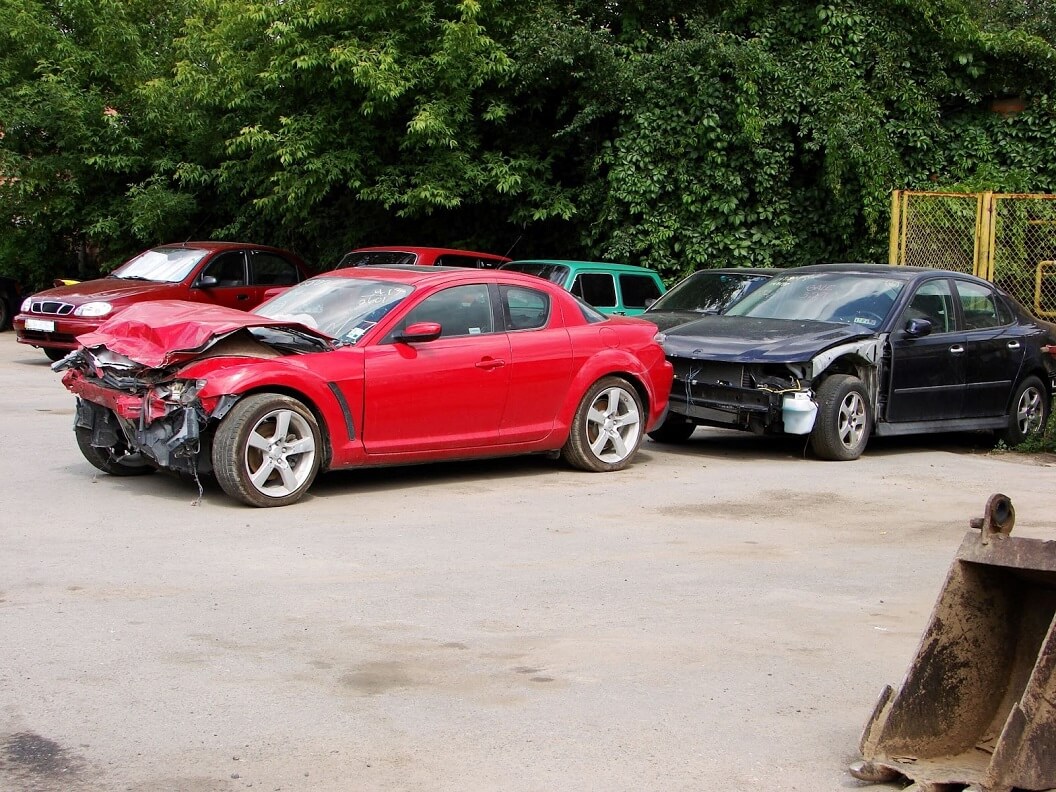Insurance is required to compensate you for the value of your vehicle after a crash. However, they have no responsibility to pay the outstanding loan that exceeds the value of your car, except in particular circumstances.
If you find yourself in this unfortunate situation, the car accident lawyers with Lytal, Reiter, Smith, Ivey & Fronrath may be able to help. Call (561) 655-1990 or contact us online for a free case evaluation to learn more.
When is a car “totaled?”
In Florida, a vehicle is a “total loss” or “totaled” when the cost of repairs equals 80% or more of the actual cash value (ACV) of the vehicle.
For example, if the insurance company decides that the fair market value of your car is $8,000 before the accident, and the repair estimate is $6,400, your car will be declared totaled and you will be compensated $8,000 for the value of your car. If repairs are only estimated to cost $5,000, then the insurer will pay for them.
Is a financed car treated differently?
If your car is financed, things are similar but different than if you owned it outright. If your financed car is deemed totaled, the manner in which it’s handled depends on the difference between its market value and the amount you still owe.
You owe more than your car is worth
If you owe more than your car is worth, the lienholder will receive a check for its value, and you’ll still have to pay the remaining balance on your loan.
However, if you have gap coverage, that policy will pay the difference between the remaining balance on your loan and the market value of your car. The car dealership often offers Gap coverage when you purchase your vehicle, but it’s usually available through your auto insurance provider.
As an example, it’s determined that your car is worth $10,000, but you still owe $15,000. If you don’t have gap coverage, you will still be responsible for paying the $5,000 you owe on your car. If you have gap coverage, you won’t receive any money for your vehicle, but you also won’t have to pay the remainder of your loan.
You owe less than your car is worth
If you owe less than your car’s worth and it’s totaled in an accident, the insurance company will send a check for the market value to the lienholder who will then, in turn, send you a check for everything above the balance on your loan.
In this scenario, your car is worth $10,000, but you only owe $2,000. The insurance company will send the $10,000 check to the finance company and they’ll send you a check for the remaining $8,000.
Crash a car that you still owe money on? Don’t assume you’re out of options – our Florida car accident attorneys can help.
If you totaled your car, the market value is less than what you owe, and you don’t have gap insurance, you might resign yourself to facing the worst-case scenario – finding a way to pay the rest of your loan.
Although that unfortunately might be the case, you could still have options, and Lytal, Reiter, Smith, Ivey & Fronrath might be able to help you find them depending on the unique facts of your case. For example, if you weren’t at fault for the accident, you may be able to seek compensation from the at-fault person’s insurance provider.
If you were in an accident, contact Lytal, Reiter, Smith, Ivey & Fronrath right away. We’re highly experienced attorneys who help our clients through the aftermath of various types of auto accidents, and we’re ready to put that experience to work for you. Contact us online or call (561) 655-1990 to schedule a free consultation.




